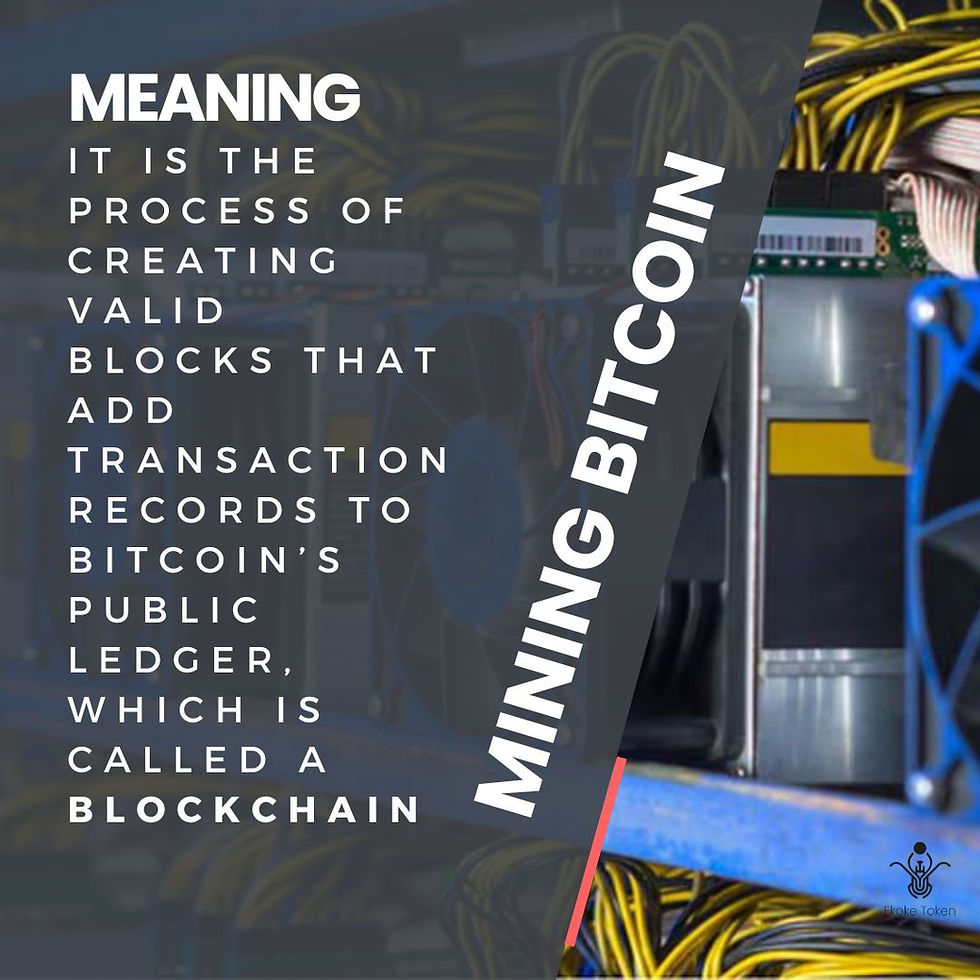Understanding Smart Contracts: How "If/When…Then…" Statements Drive Blockchain Technology
- Oct 18, 2024
- 2 min read

Smart contracts are a revolutionary aspect of blockchain technology, designed to automate and secure transactions without the need for intermediaries. But how exactly do they work? At the core of smart contracts are simple "if/when…then…" statements, a mechanism that drives their functionality. Let’s explore how this process works and why it's a game-changer for digital transactions.
What Are Smart Contracts?
A smart contract is a self-executing contract where the terms of the agreement are written directly into lines of code. This code, stored on a blockchain, ensures that the contract’s conditions are met before it triggers any action. Smart contracts eliminate the need for third parties, such as banks or brokers, to oversee transactions, which saves time and reduces costs.
How Do Smart Contracts Work?
Smart contracts function through basic "if/when…then…" logic:
Predefined Conditions: Developers write the contract using conditions that define what should happen under specific circumstances. For instance, "if payment is received, then release the goods."
Execution by a Network: When these conditions are met, a network of computers (nodes) verifies and executes the action, ensuring all participants receive the intended outcomes without delay.
Automation and Security: The process is fully automated and transparent, with every transaction recorded on the blockchain, making it tamper-proof and secure [1] [2].
Real-World Applications
Smart contracts have found use in various industries, from supply chain management and real estate to insurance and decentralized finance (DeFi). They help streamline operations by reducing paperwork, cutting transaction fees, and enabling faster, more reliable transactions.
Benefits of Smart Contracts
Efficiency: Automated processes save time by eliminating manual tasks.
Security: Blockchain technology ensures data is immutable and transparent.
Cost Reduction: No intermediaries mean lower costs for users.
Smart contracts represent the future of how agreements and transactions will be handled, offering a seamless and efficient solution for various digital processes.




Comments